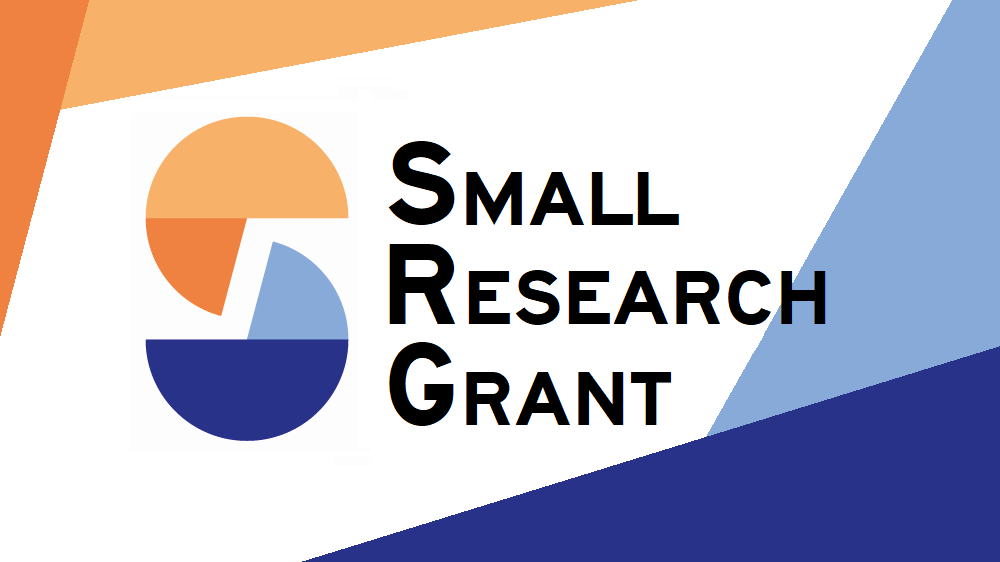As India’s economy has developed, the growth has been skewed towards manufacturing firms that are concentrated in just a few states. Research has often focused on the impacts of trade reforms on firms, but only analysing sub-sector-level impacts. Therefore, more information is needed on the spatial frictions that exist between states and how reform may differentially impact states. This project studies gaps in productivity and economic performance across Indian states and determines how macro and local policy interventions interact with state-level manufacturing dynamics. The research team provides analysis on the extent that trade costs impact the variation in productivity and the extent that local and central policies and incentives have contributed to the current make-up of manufacturing firms in India.
To examine manufacturing productivity dynamics across India, the project considers a sample of states that were top traders from 2008-2018 and have seen increasing place-based policies in the manufacturing sector. The data is used to calculate state-level manufacturing productivity, competitiveness, and trade costs for inter-state trade. Considering these topics together allow the research team to assess whether there are systematic patterns causing divergence in manufacturing productivity and trade costs by state. Furthermore, the team analyses centrally administered trade policies disaggregated by sector and combines it with the aforementioned data to understand the impacts of centrally administered policies on state-level manufacturing dynamics.
Understanding the relationships between centrally administered and place-based policies provides information to understand spatial productivity dynamics in India. This information can lead to policy change regarding tariff rules and regulations and industrial regulation based off of how they impact productivity in various locations. Additionally, this study will inform policymakers about the policies that may have contributed to manufacturing divergence within India, which will enable more informed decisions about how to foster manufacturing growth across every state in India. Not only will this research evaluate policies in India, but it can also be applied to other cases with divergence in manufacturing growth across a country or region. In particular, this research expands the knowledge on choosing appropriate policies to encourage infrastructure growth and development, which can ideally lead to reduced trade and spatial frictions within and between other countries.























































